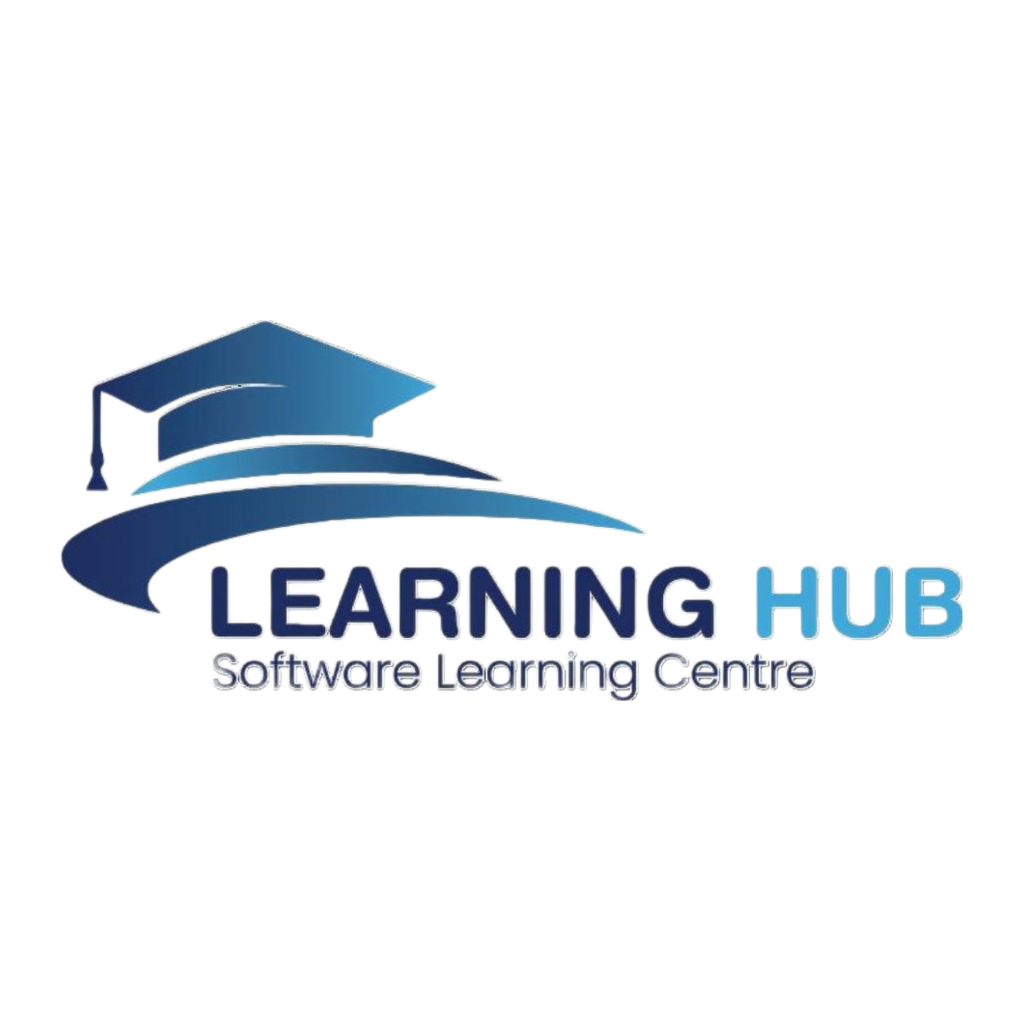Internet of Things (IoT)

The IoT module introduces the Internet of Things, which extends Internet connectivity from computers and related devices to other physical devices or common objects and leverages from technologies such as embedded systems, wireless sensors, and automation.
Internet of Things (IoT)
Over the last few years, there has been an explosion in the scale of the Internet of Things. Homes, offices, factories and entire cities are being made “smart” by the proliferation of Internet-connected devices. Some estimates suggest that the number of connected IoT devices will reach 41.6 billion by 2025. Organisations and societies are only now starting to grasp the potential and implications of this trend.
This module is suitable for a wide range of candidates; for example, non-technical professionals who wish to build
and demonstrate an understanding of IoT, facilitating engagement with their technical colleagues or their suppliers, or students who wish to add general technical knowledge to sector-specific or general studies.
Build an understanding of the key concepts and potential of the Internet of Things (IoT) for organisations and for society
Module overview
Unit
Content
What is IoT?
- Define the term Internet of Things (IoT)
- Recognise the common structure of an IoT system: application, data processing, network, sensing
- Identify processing requirements in an IoT system
- Recognise the origins and development of IoT
IoT Examples
- Recognise common examples of consumer and commercial IoT applications
- Recognise common examples of industrial IoT applications
- Recognise common examples of infrastructural IoT applications
Trends in IoT
- Recognise physical trends in the evolution of IoT like: miniturisation, ubiquity, scale
- Recognise the increasing role of governance in the design of IoT systems
IoT Adoption
- Understand key ethical considerations that must inform adoption of IoT systems like: decision making, privacy
- Understand security risks associated with adopting IoT systems
Main learning outcomes
The IoT module consists of e-learning followed by a brief certification test. Together,
these components deliver a short, focused professional development solution.
- Understand key concepts relating
to Internet of Things (IoT), including common structure and requirements - Recognise examples of consumer, commercial, industrial, and infrastructural applications of IoT
- Identify current trends in IoT, including the evolution of IoT components and the important role played by governance.
- Understand ethical, security, and interoperability considerations around adoption of IoT, and consider how IoT could be implemented in a given scenario
Get in touch with us for any enquiry


Why certify with ICDL ?
- ICDL certification is internationally recognised by employers and institutions.
- ICDL modules are developed with input from computer users, subject matter experts, and practising professionals from all over the world.
- The regularly updated syllabus content reflects day-to-day tasks and responsibilities typical of job roles.
- ICDL modules focus on skills acquisition as well as an understanding of concepts.
- ICDL syllabus content is vendor-independent so that skills and knowledge are transferable.
- ICDL has rigorous Quality Assurance Standards (QAS) and regular quality audits are conducted internally and externally.
Syllabus
The detailed syllabus for the Internet of Things (IoT) module is publicly available, so that there is complete clarity about what is covered.
The syllabus document, which sets out the specific skills and knowledge that you will learn and against which you will be certified, can be downloaded here.
Offer ICDL at your Institution or Organisation
If you are interested in offering ICDL to students, candidates, clients or employees or if you are considering partnering with ICDL for a project or initiative, click on the appropriate button below.
